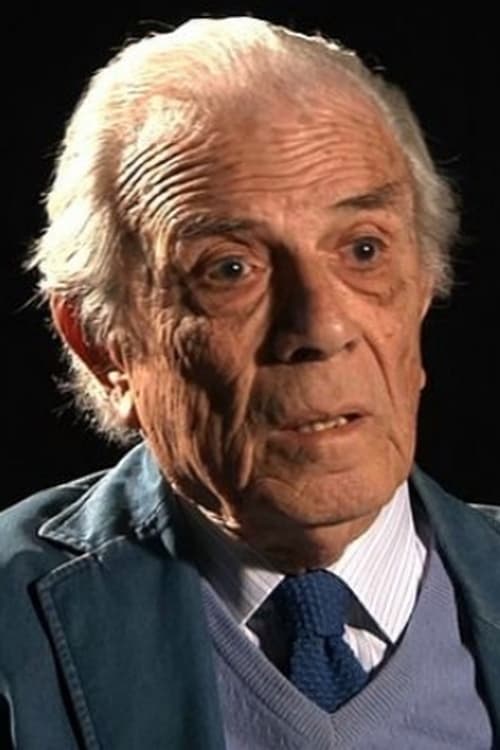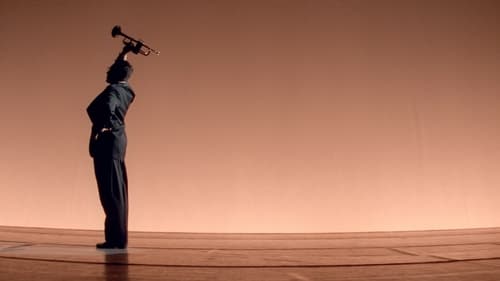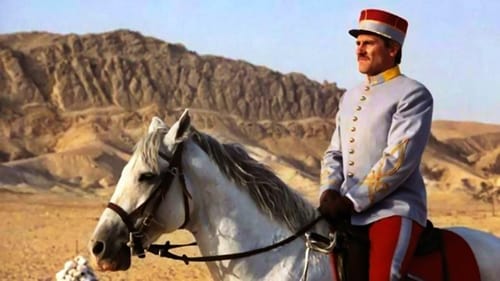Henri de Turenne
Nacimiento : 1921-11-19, Tours, Indre-et-Loire, France
Muerte : 2016-08-23
Historia
Henri de Turenne (19 November 1921 – 23 August 2016) is a French journalist and screenwriter. He was born in Tours. The son of Armand de Turenne, a World War I flying ace, he was raised in Germany and French Algeria, both countries becoming central creative themes in his adult work. After the Second World War, de Turenne worked as a journalist for Agence France-Presse, Le Figaro, France Soir, and ORTF, reporting from Allied-occupied Germany, covering the Korean War and the Algerian War, and, in 1952, winning the Prix Albert Londres. Since the mid-1960s, he worked primarily in television, notably on the French Grandes Batailles series for Pathé, making over a hundred documentaries. He won an Emmy in 1982 for a documentary on the Vietnam War. His fictional works include Les Alsaciens ou les deux Mathilde (1996), made for Arte, for which he shared a 7 d'Or with Michel Deutsch.
Source: Article "Henri de Turenne (writer)" from Wikipedia in English, licensed under CC-BY-SA 3.0.



